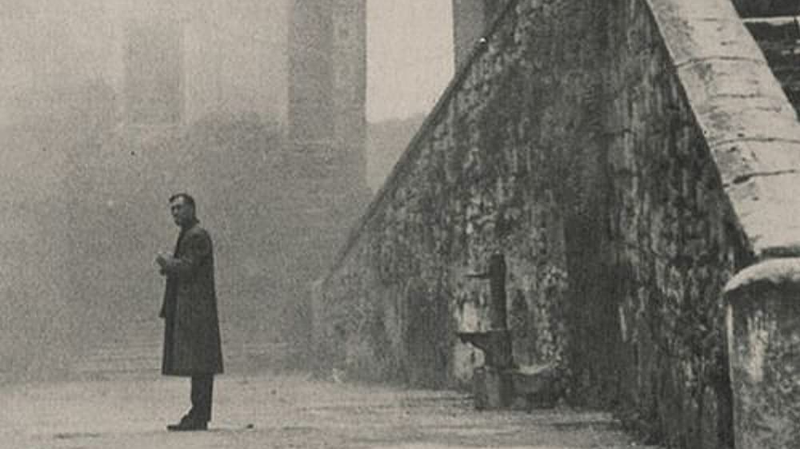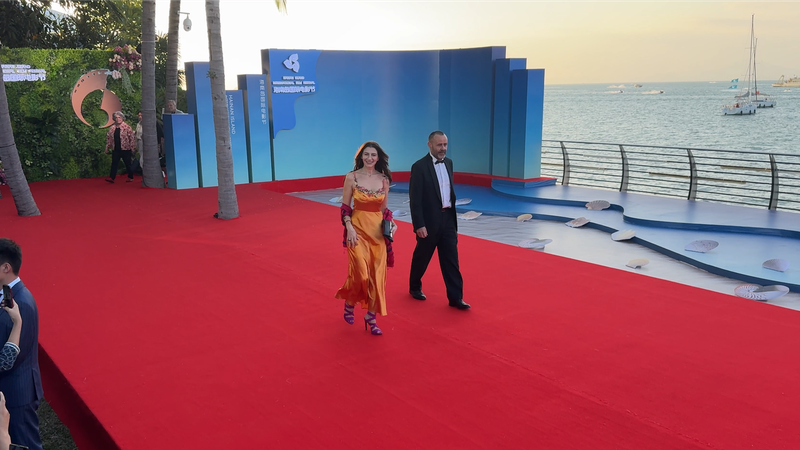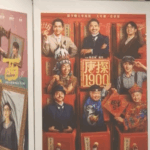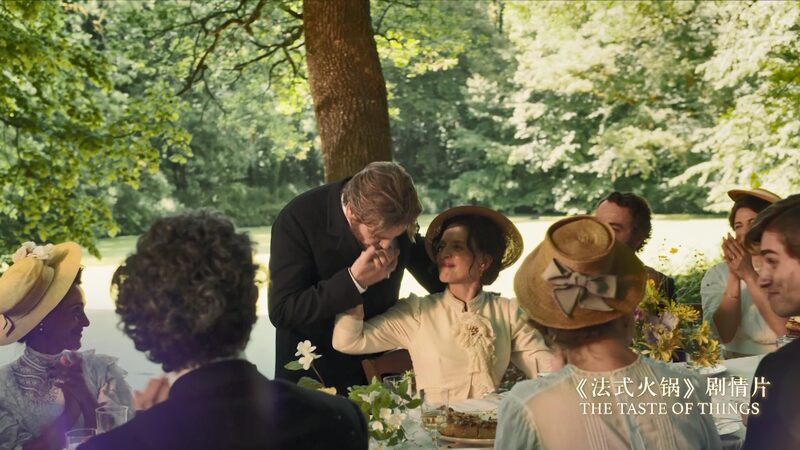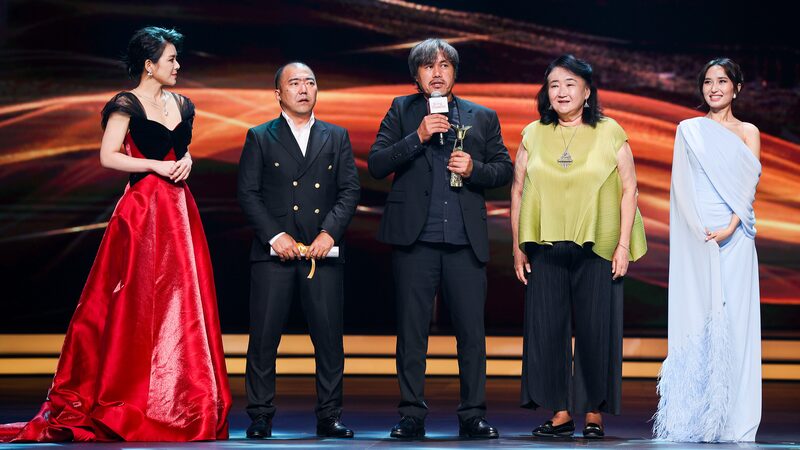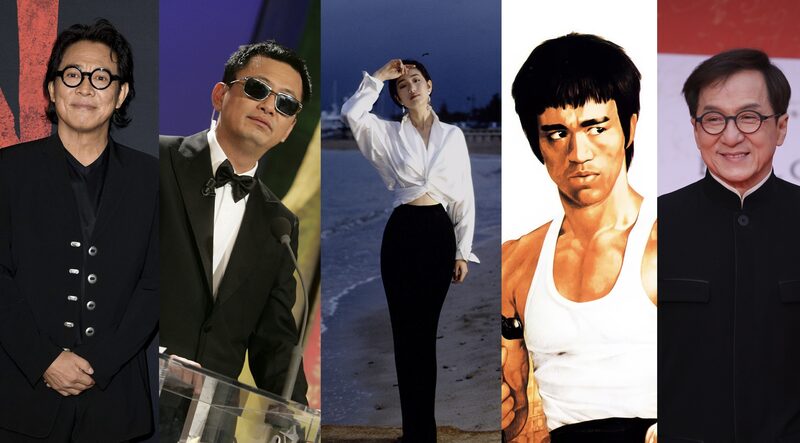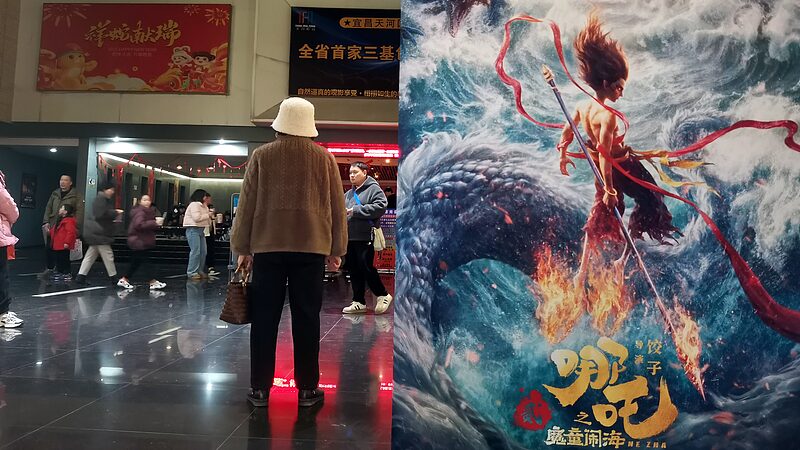Forty years after its debut, Andrei Tarkovsky's 1983 feature film Nostalghia continues to captivate global audiences with its poetic exploration of longing and cultural displacement. The Soviet-Italian co-production recently resurfaced in academic discussions amid renewed interest in crossover European-Asian arthouse cinema.
Premiering at the 36th Cannes Film Festival where it clinched both the Best Director award and FIPRESCI Prize, Nostalghia follows a Russian intellectual's existential journey through rural Italy. Its haunting cinematography and meditative pacing broke conventional narrative structures, embodying Tarkovsky's signature style that still influences filmmakers today.
Scholars note the film's timelier resonance in today's globally connected yet culturally fragmented world. 'The examination of nostalgia as both personal emotion and collective memory feels particularly acute in our era of digital interconnectivity,' explains film historian Dr. Mei Lin of Hong Kong University.
For contemporary viewers, the work offers historical insights into late Cold War cultural exchanges. Its production between USSR and Italian crews – a rarity during political tensions – stands as a testament to art's ability to transcend borders.
Reference(s):
cgtn.com
